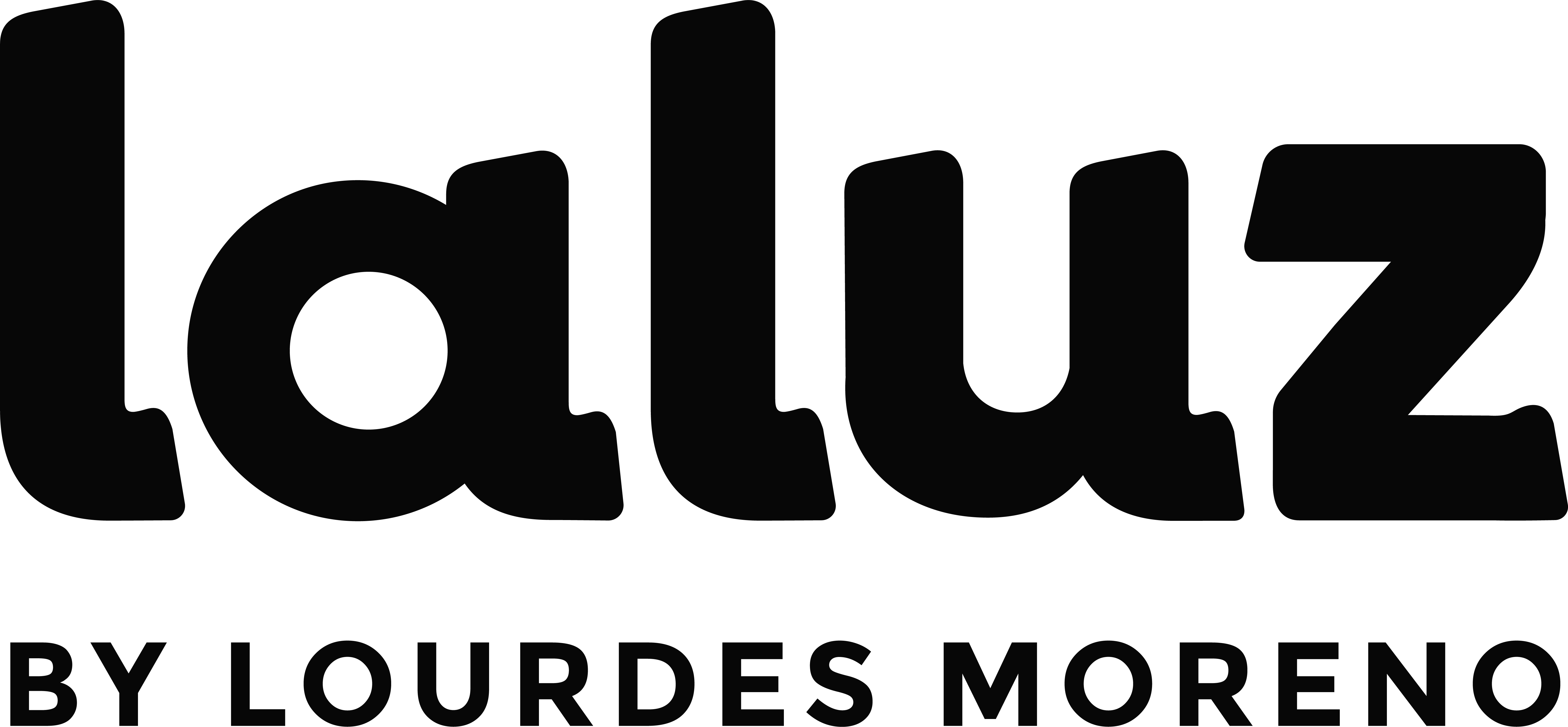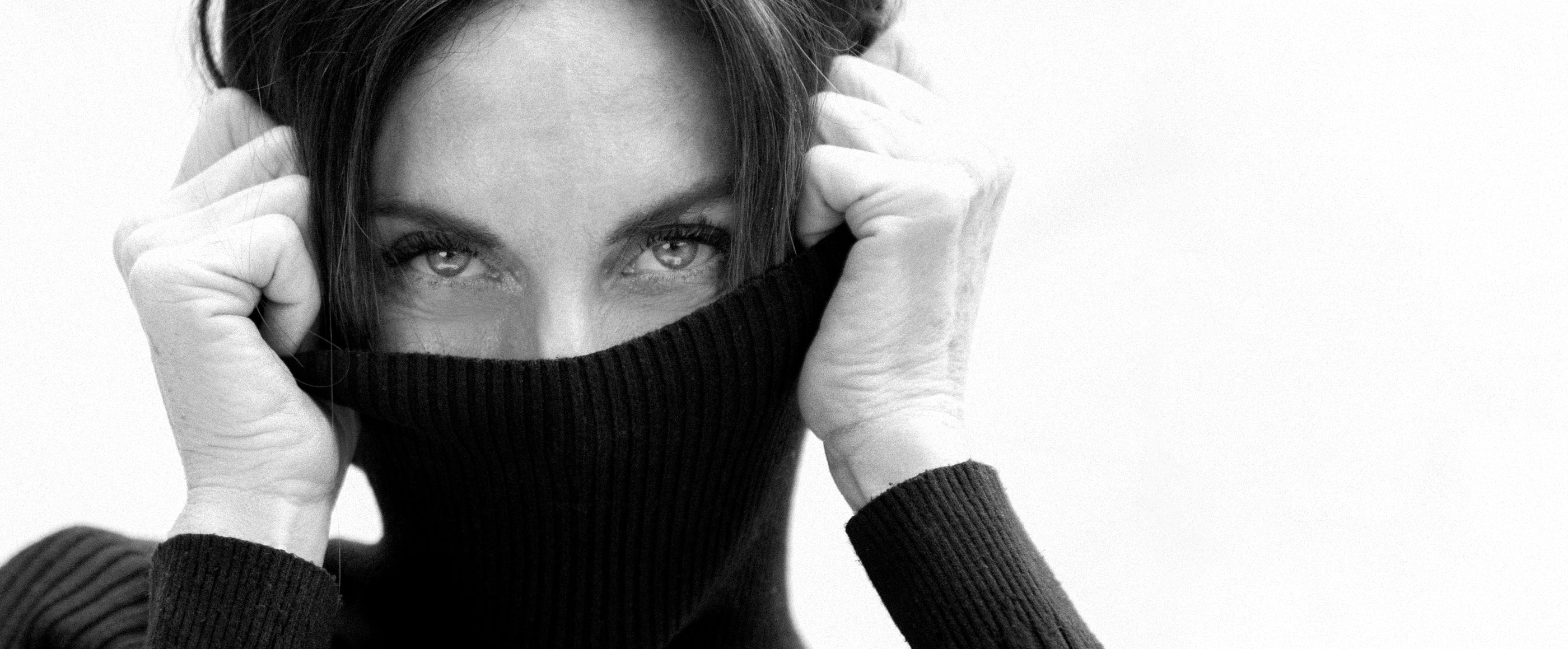
What does SPF mean?
SPF, or sun protection factor, is a measure of how long a sunscreen protects against UVB rays, which are primarily responsible for sunburn and can contribute to skin cancer. The acronym SPF comes from the English "Sun Protection Factor". The higher the SPF number, the longer the protection time the product offers.
How does SPF work?
SPF indicates how long a person can be in the sun without burning, compared to not using sun protection. For example, if you would normally burn in 10 minutes without protection, an SPF 30 would allow you to spend 30 times longer in the sun without burning, that is, 300 minutes. It is important to note that this is a theoretical estimate and that several factors can influence the effectiveness of sunscreen, such as the amount applied, sweating, bathing, and the intensity of solar radiation.
Different Levels of Protection
- SPF 15: Blocks approximately 93% of UVB rays.
- SPF 30: Blocks about 97% of UVB rays.
- SPF 50: Blocks approximately 98% of UVB rays.
- SPF 100: Blocks approximately 99% of UVB rays.
Although the increase in protection is less as the SPF increases, it is crucial for people with very sensitive skin or who are exposed to extreme solar radiation conditions.
What else should we take into account?
The SPF does not indicate protection against UVA rays, which can also cause long-term damage to the skin and contribute to premature aging and skin cancer. Therefore, it is essential to choose "broad spectrum" sunscreens, which protect against both types of radiation: UVB and UVA.
Additionally, no sunscreen can offer 100% protection, so it is vital to reapply the product every two hours, after swimming, sweating or towel drying. It is also advisable to complement the use of sunscreen with other protective measures, such as appropriate clothing, hats, sunglasses and seeking shade during peak solar radiation hours.
What does SPF 50+ mean?
When a sunscreen indicates that it has an SPF 50+, it means that its sun protection factor is greater than 50. This type of product is designed to offer very high protection, filtering approximately 98% of UVB rays.
Effectiveness and Use
Although SPF 50+ offers high protection, it is essential to apply it properly and in sufficient quantity for it to be effective. It is also essential to reapply it every two hours, or more frequently if you sweat, swim or do physical activity. Even if the product is waterproof, regular reapplication is crucial to maintain protection.
Why choose SPF 50+?
Opting for SPF 50+ provides an extra layer of safety, especially for those who spend a lot of time outdoors, have sensitive skin, or are in environments with high solar radiation. However, it is vital to remember that it does not replace other sun protection measures and that correct and constant application is the key to keeping the skin protected.
In short, SPF is an essential tool in protecting against sun damage, and products with SPF 50+ are an excellent option to ensure a strong, long-lasting defense against the harmful effects of UV radiation.
What does it mean that a protector is broad spectrum?
A broad-spectrum sunscreen is one that protects against a variety of types of solar radiation, not just UVB rays. In simple terms, it offers more complete coverage against the damage that the sun can cause to the skin.
Types of Rays and Their Impact on the Skin
- UVB rays: These rays are mainly responsible for sunburn and can cause skin cancer. They mainly affect the epidermis, the outermost layer of the skin.
- UVA Rays: These rays penetrate deeper into the skin, reaching the dermis. They contribute to premature skin aging and can also cause skin cancer. UVA rays can pass through clouds and glass, meaning we are exposed to them even on cloudy days and indoors.
- Visible Light and Infrared Radiation: In addition to UV rays, visible light (such as blue light) and infrared radiation can also damage the skin. Blue light, which is part of the visible spectrum, has been linked to oxidative damage to the skin.
Benefits of Broad Spectrum Protectors
- Complete Protection: By covering both UVA and UVB rays and, in some cases, visible and infrared light, they offer a comprehensive defense against the sun.
- Prevention of Premature Aging: By protecting against UVA rays, which penetrate deeply into the skin, they help prevent wrinkles and spots.
- Reduced Risk of Skin Cancer: Protecting against all types of UV radiation decreases the risk of developing skin cancer.
In short, choosing a broad-spectrum sunscreen is crucial for complete and effective protection against various types of solar radiation. These products not only protect against immediate sunburn, but also help prevent premature aging and reduce the risk of skin cancer in the long term.
Should we apply sunscreen half an hour before?
Yes, it is advisable to apply sunscreen at least half an hour before sun exposure. This is because chemical filters need time to penetrate the skin and begin to work effectively. Applying sunscreen ahead of time ensures that your skin is protected from the first moment you expose yourself to the sun.
Why should I reapply sunscreen every two hours?
Reapplying sunscreen every two hours is essential to maintain continuous protection against UV rays. Sweat, water, and friction can remove sunscreen from your skin, decreasing its effectiveness. Therefore, to ensure that your skin is protected at all times, it is crucial to reapply the product regularly, especially after swimming, sweating, or towel drying.
Can I use sunscreen from last year?
Yes, you can use sunscreen from last year if it is still within its expiration date and has been stored properly. Here are some key points to consider:
- Expiration Date: Check the expiration date printed on the container. Most sunscreens have a shelf life of up to three years.
- Product Condition: Check the color, texture and smell of the sunscreen. If it has changed, it may not be effective.
- Storage: Keep sunscreen in a cool, dark and dry place. Avoid exposing it to heat and direct sunlight.
Using expired or spoiled sunscreen can result in insufficient protection, increasing the risk of sunburn and skin damage. If in doubt, it is better to replace it with a new one.
Conclusion
In conclusion, sun protection is an essential part of skin care, especially for those concerned about premature aging and damage caused by solar radiation. Understanding the meaning of SPF, the importance of using broad-spectrum protectants, and the correct application and reapplication of the product can make a big difference in the health of your skin. Always remember to check the expiration date and condition of your sunscreen to ensure optimal protection. By following these tips, you can safely enjoy the sun and keep your skin healthy and radiant.








